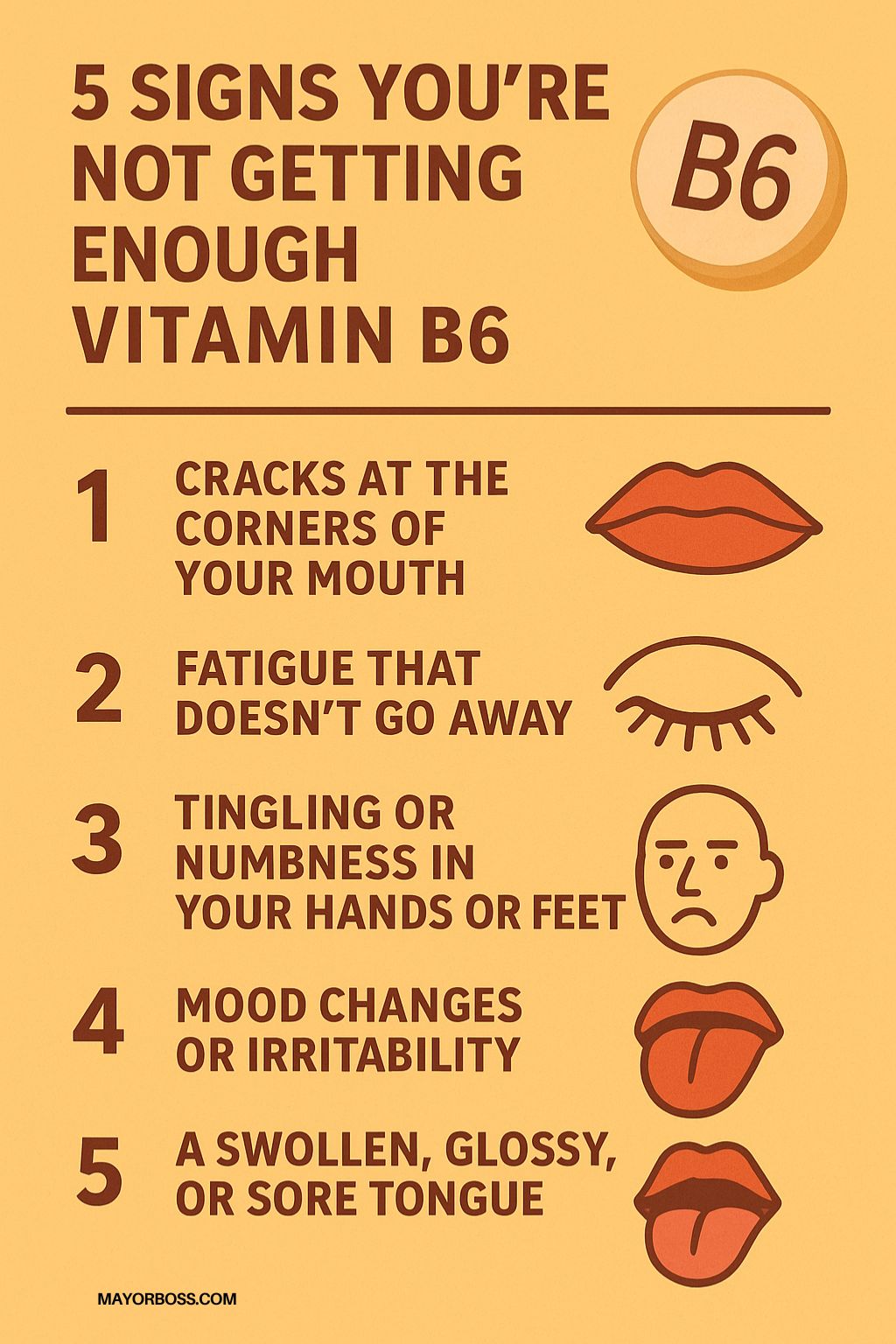Signs You’re Getting Too Much Magnesium
Magnesium is an essential mineral that plays a critical role in our bodies. It is involved in over 300 biochemical reactions and contributes to healthy bone development, nerve and muscle function, and a stable heart rhythm, according to the National Institutes of Health. While magnesium is vital, there is such a thing as too much of it. This article will explore the signs that you may be getting too much magnesium, the potential health risks of magnesium overdose, and how you can manage your magnesium intake.
What Is Magnesium?
Magnesium is a mineral that is crucial for the body. It helps to maintain proper nerve function, supports a healthy immune system, aids in the production of energy, and contributes to the structural development of bone. Magnesium also has a role in protein synthesis, blood sugar control, and blood pressure regulation.
Despite the body’s need for magnesium, it is possible to get too much. When you consume too much magnesium, particularly in supplement form, you can develop a condition known as hypermagnesemia.
What is Hypermagnesemia?
Hypermagnesemia is a medical condition characterized by abnormally high levels of magnesium in the blood. It typically occurs in people who consume excessive amounts of magnesium, usually in the form of supplements.
Symptoms of Hypermagnesemia
If you’re getting too much magnesium, you might notice the following symptoms:
- Gastrointestinal Issues: These include nausea, stomach cramps, and diarrhea. These are often the first signs of an excess intake of magnesium.
- Feeling Lethargic: You might feel unusually tired or weak, which can be attributed to the slowing down of bodily functions due to excessive magnesium.
- Irregular Heartbeat: In severe cases, too much magnesium can cause your heart rate to slow or become irregular.
- Breathing Difficulties: Hypermagnesemia can lead to slow, shallow breathing or shortness of breath.
- Muscle Weakness: Overdosing on magnesium can result in reduced muscle strength and in extreme cases, difficulty moving.
Should you experience these symptoms, it’s essential to seek immediate medical attention.
Risks of Excessive Magnesium
The human body is designed to excrete small excess amounts of magnesium efficiently. However, consistently high levels of magnesium can cause health problems, especially in individuals with kidney problems, as their ability to remove excess magnesium is compromised.
Long-term magnesium overdose can lead to significant health risks, including:
- Heart complications: Magnesium helps regulate heart rhythm, but too much can cause irregularities and potentially life-threatening conditions.
- Impaired kidney function: High levels of magnesium can harm your kidneys, further reducing their ability to remove excess magnesium from your body.
- Lower blood pressure: Excessive magnesium can lead to a drop in blood pressure, causing dizziness and fainting.
How to Manage Your Magnesium Intake
A balanced diet is usually enough to meet your magnesium needs. However, if you need supplements, it’s best to follow these guidelines:
- Consult a Health Professional: If you think you may be magnesium deficient, consult with a healthcare provider before starting any supplement regimen.
- Follow Recommended Daily Allowance (RDA): The RDA for magnesium varies by age and gender. Stick to these guidelines to avoid overconsumption.
- Prioritize Dietary Magnesium: Foods rich in magnesium include leafy green vegetables, legumes, nuts, seeds, and whole grains. Incorporating these foods into your diet can help ensure a balanced intake.
In conclusion, while magnesium is essential to health, an overdose can lead to potentially serious complications. It is crucial to recognize the signs of excessive magnesium intake and manage it through a balanced diet and responsible supplementation. By doing so, you can help maintain the optimum level of magnesium your body needs to function correctly.






